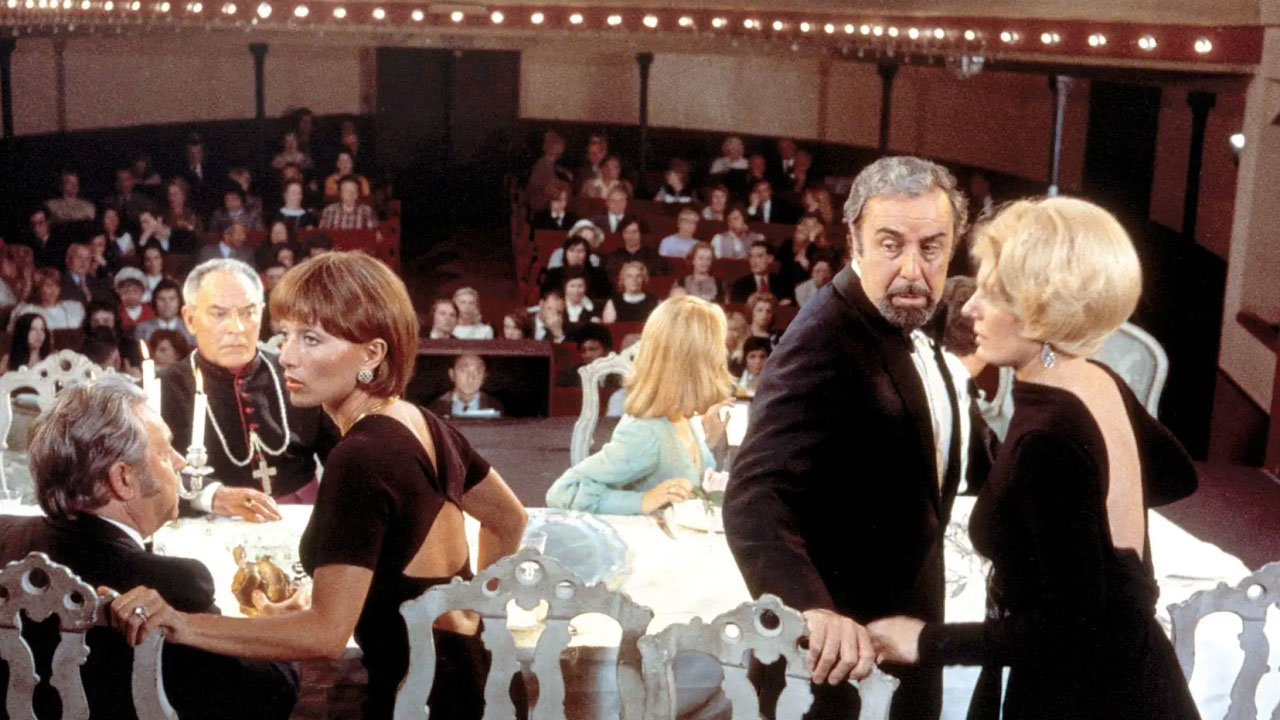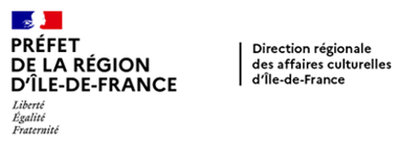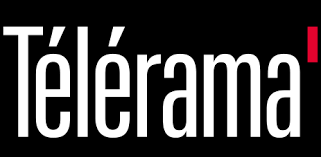
} This section is dedicated to a previous edition of the festival. To get information about the latest edition, please follow this link: HOME

The Discreet Charm of the Bourgeoisie
(Le charme discret de la bourgeoisie)
Luis Buñuel
- 1972
- France, Italia, Spain
- Comedy
- 1h42mn
- French
- Color
Four bourgeois come to dine at an also bourgeois couple’s place, but on the wrong date. They decide to all go to a restaurant whose owner has just died.. Will their wonderful evening finally ever begin?
This hilarious satire is the first part of the Bourgeoisie trilogy written with Jean-Claude Carrière, completed by two other gems: The Phantom of Liberty and That Obscure Object of Desire. A devastating and delightful critic of the arrogance of officials and aristocrats. Its surrealist absurdity resonates with our world, in this film made of an entanglement of beginnings, in the image of this evening that never gets anywhere. Fabulous.
Screenings
10/09 • 14h30 • Screen 100
Credits
- With : Fernando Rey, Paul Frankeur, Delphine Seyrig, Bulle Ogier, Stéphane Audran
- Screenplay : Luis Buñuel, Jean-Claude Carrière
- Photography : Edmond Richard
- Editing : Hélène Plemiannikov
- Production : Serge Silberman
















Kirill Serebrennikov